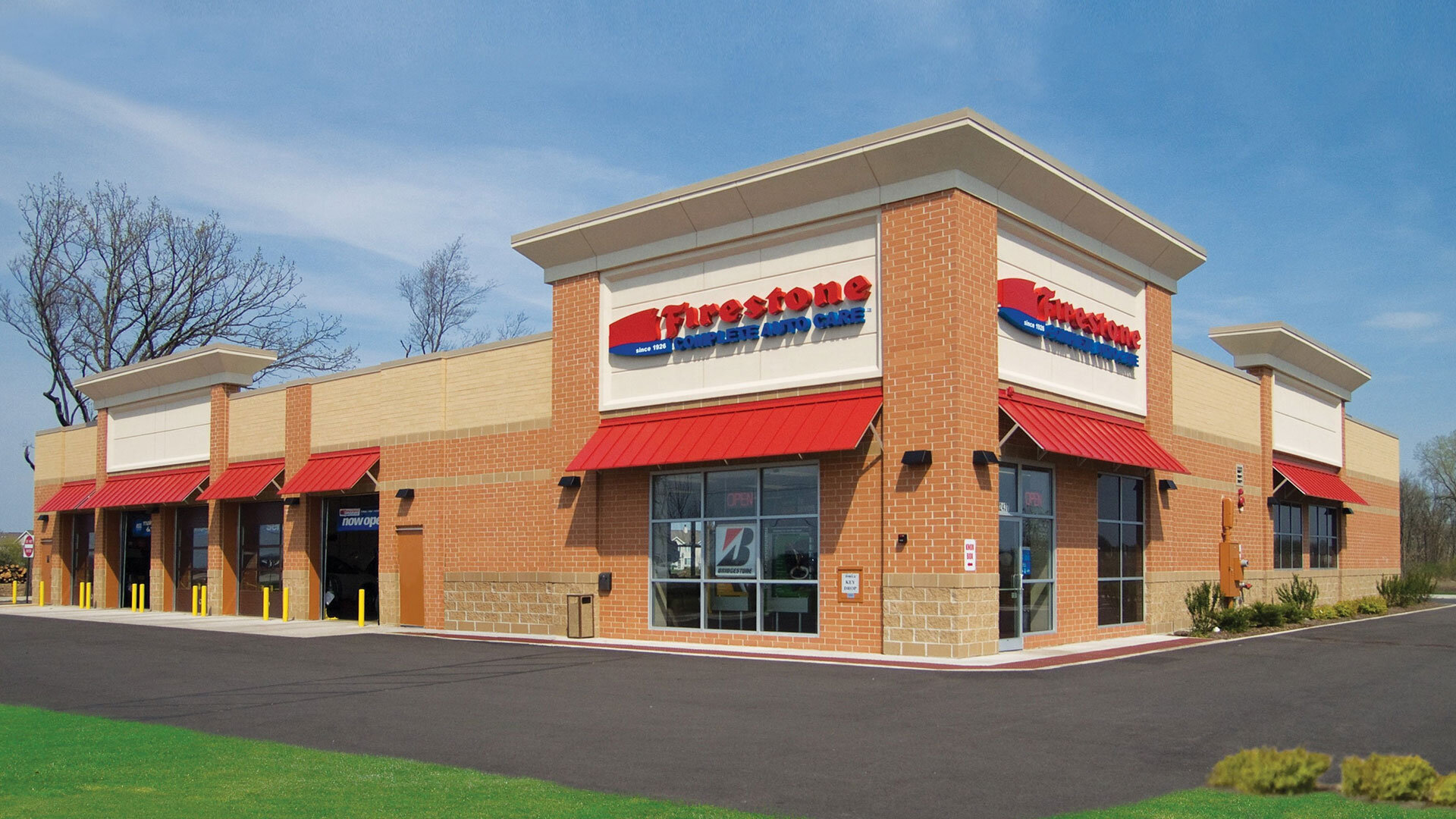Net lease properties have become an increasingly Net lease finder popular investment choice in recent years, offering unique benefits and considerations for investors. In this article, we’ll explore what net lease properties are, how they work, the different types of net leases, and the key factors to consider when investing in them.
What Are Net Lease Properties?
Net lease properties, also known as triple net (NNN) properties, are commercial real estate investments where the tenant is responsible for paying most or all of the property’s operating expenses, including property taxes, insurance, and maintenance costs. Unlike traditional leases, where the landlord is typically responsible for these expenses, net lease agreements shift these responsibilities to the tenant.
Types of Net Leases
There are several types of net leases, each with its own variations and implications for both landlords and tenants:
- Single Net Lease (N Lease): In a single net lease, the tenant is responsible for paying property taxes in addition to rent. The landlord typically remains responsible for insurance and maintenance costs.
- Double Net Lease (NN Lease): In a double net lease, the tenant is responsible for paying property taxes and insurance premiums in addition to rent. The landlord remains responsible for maintenance costs.
- Triple Net Lease (NNN Lease): A triple net lease is the most common type of net lease in commercial real estate. In an NNN lease, the tenant is responsible for paying property taxes, insurance premiums, and maintenance costs, in addition to rent.
- Absolute Triple Net Lease: In an absolute triple net lease, the tenant is responsible for all expenses related to the property, including structural repairs and replacements. This type of lease places the most significant financial burden on the tenant.
Benefits of Investing in Net Lease Properties
Investing in net lease properties offers several benefits for investors, including:
- Stable Income: Net lease agreements typically involve long lease terms, often 10-20 years, providing investors with a stable and predictable income stream.
- Limited Landlord Responsibilities: Since tenants are responsible for most or all of the property’s operating expenses, landlords can enjoy a more hands-off approach to property management.
- Potential for Higher Returns: Net lease properties can offer higher returns compared to traditional real estate investments, especially when leased to creditworthy tenants.
- Diverse Tenant Base: Net lease properties are often leased to national or regional tenants, providing investors with a diverse tenant base and reducing the risk of tenant turnover.
Considerations When Investing in Net Lease Properties
While net lease properties offer attractive benefits, there are several key factors to consider before investing:
- Creditworthiness of Tenant: The creditworthiness of the tenant is crucial. Investing in a property leased to a financially stable tenant reduces the risk of lease defaults.
- Location and Market Trends: The location of the property and market trends should also be carefully considered. Investing in properties in high-demand areas with strong market fundamentals can lead to higher returns.
- Lease Terms and Conditions: Understanding the lease terms and conditions is essential. Investors should review lease agreements carefully to ensure they align with their investment goals.
- Exit Strategy: Having a clear exit strategy is important. Investors should consider how they plan to sell the property in the future and whether there are any restrictions or limitations in the lease agreement.
Conclusion
Net lease properties can be a lucrative investment option for investors seeking stable income and limited landlord responsibilities. However, it’s essential to conduct thorough due diligence and consider all factors before investing in these properties. By understanding the nuances of Net lease finder agreements and the key considerations involved, investors can make informed decisions and maximize their investment returns.

